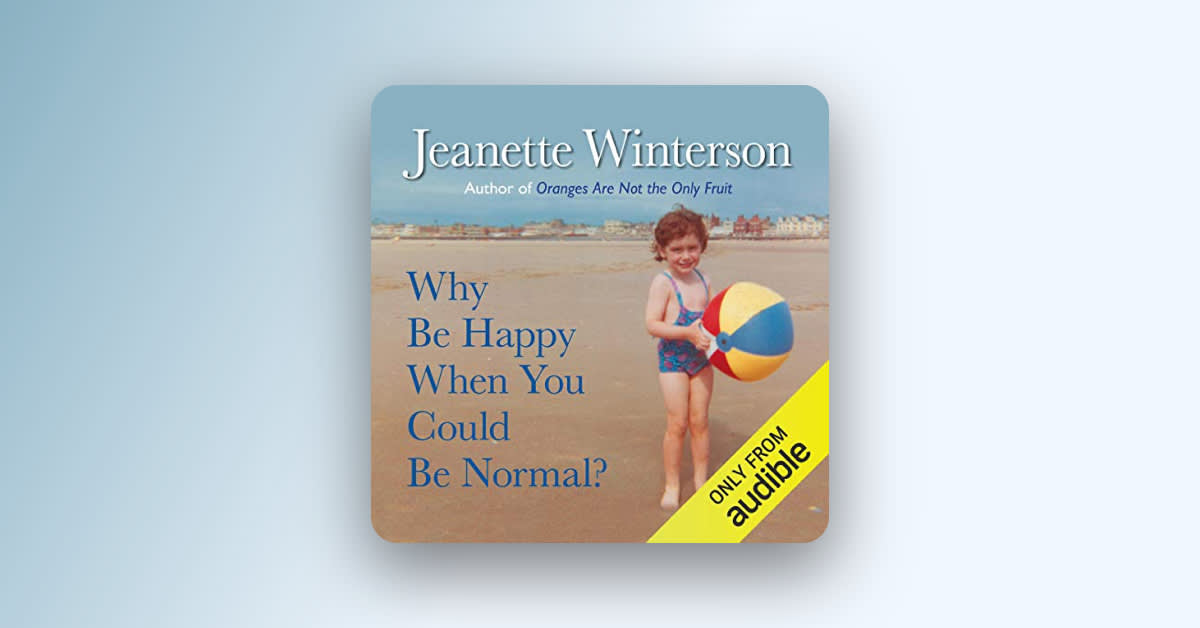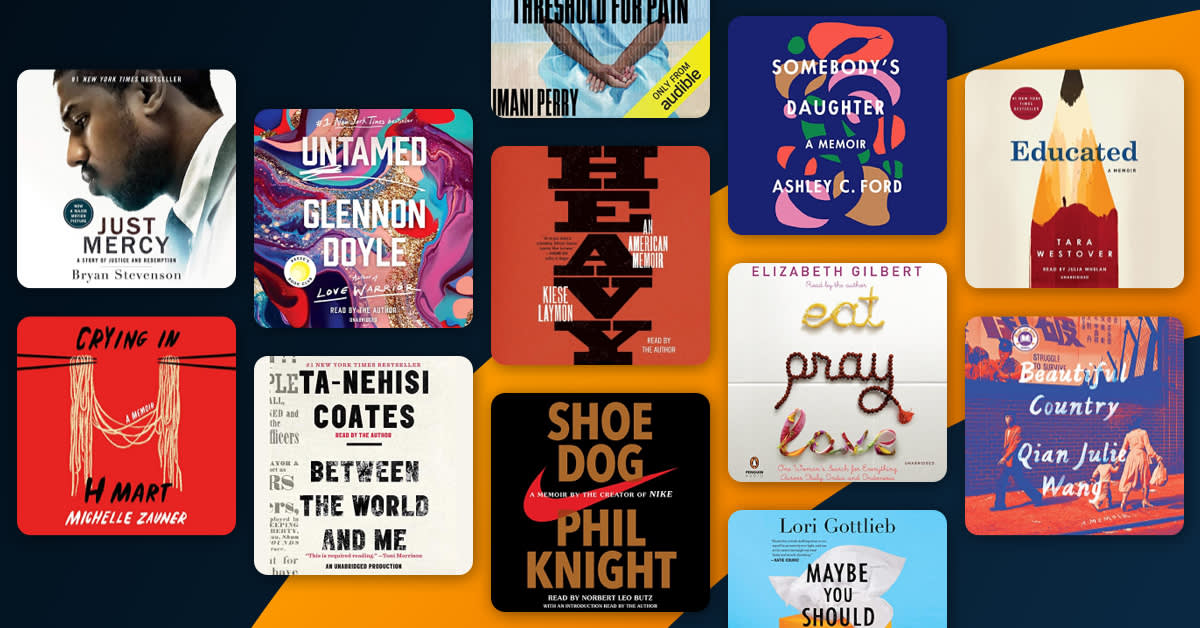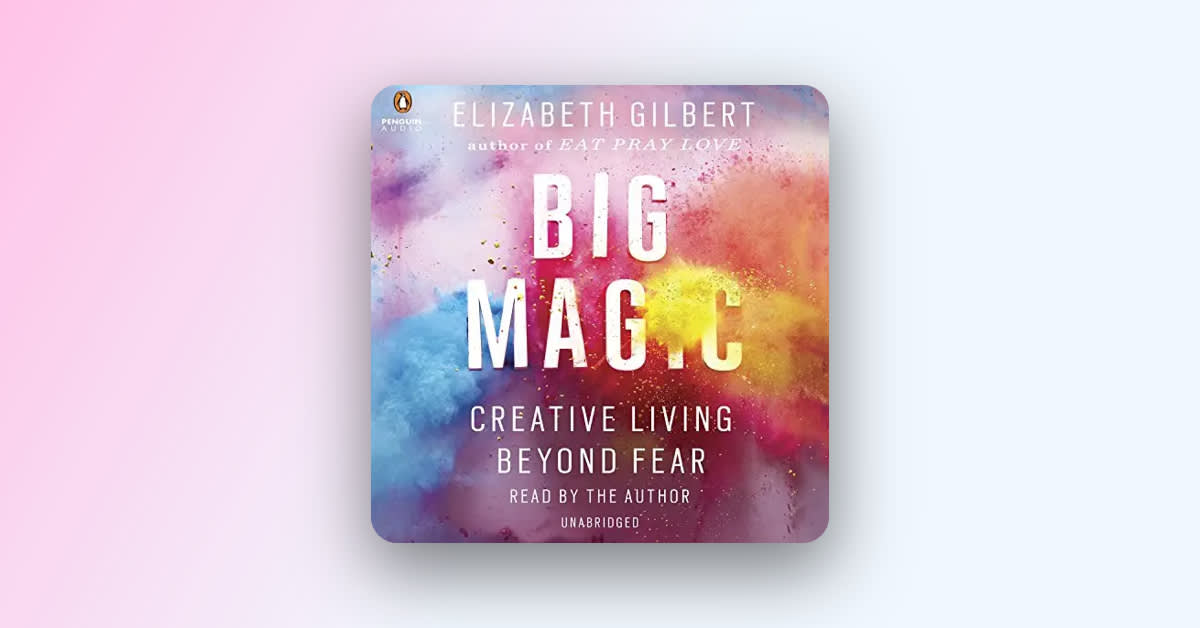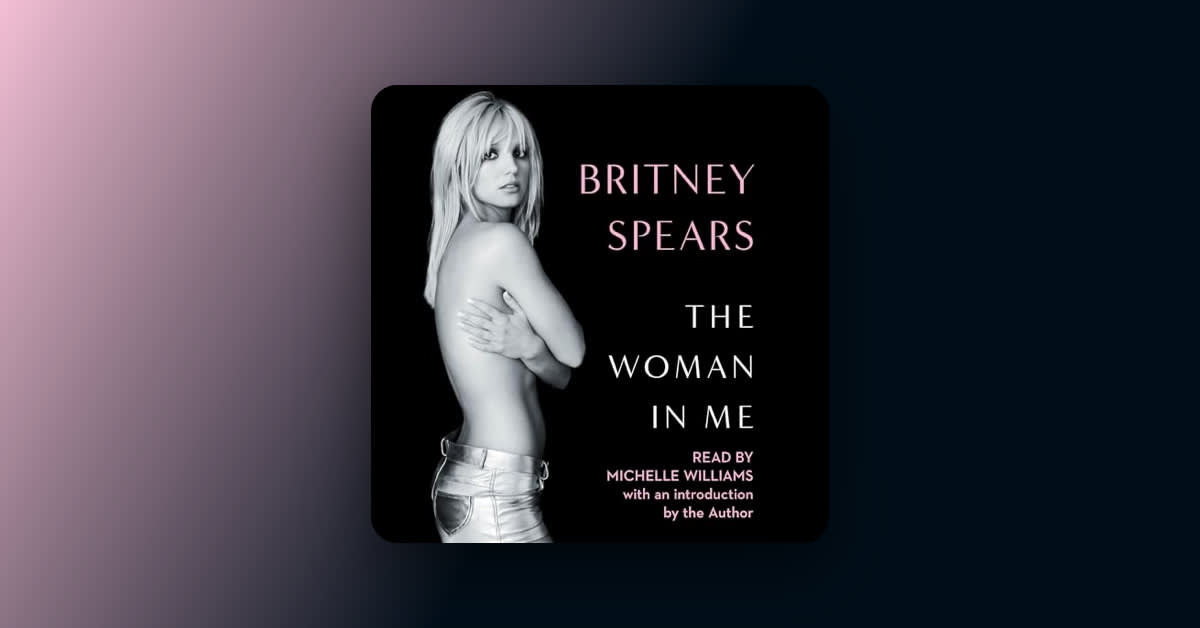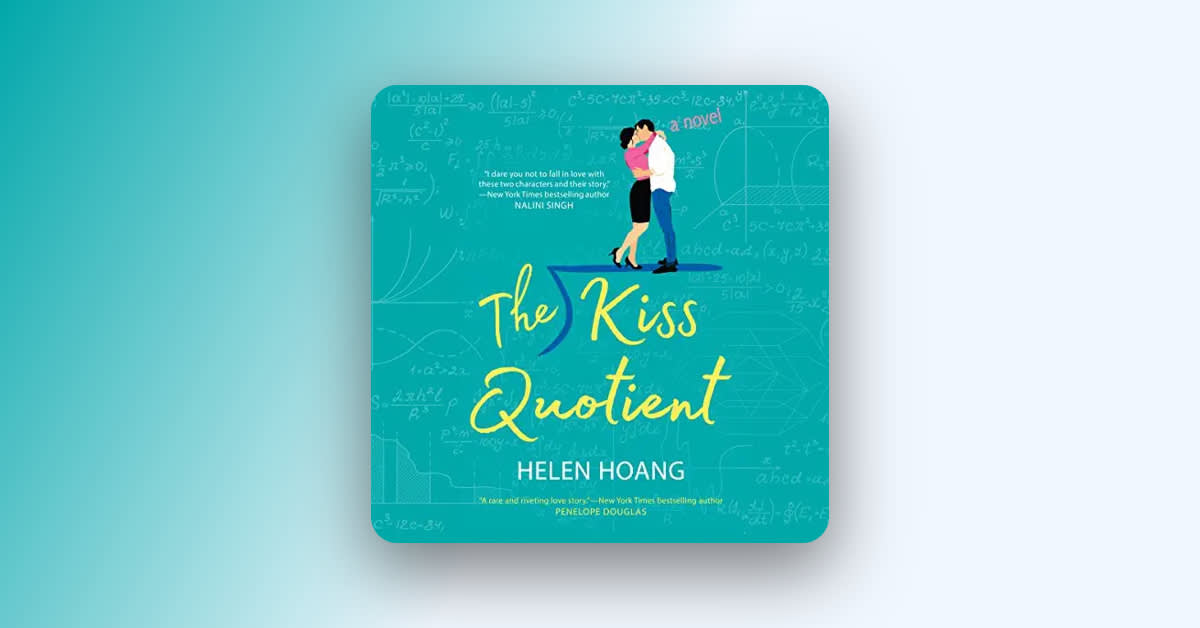Why it’s essential
Honest and raw, this memoir by iconic queer author Jeanette Winterson is a searing portrait of one woman's courage to see herself as she truly is.
Featured in The Audible Essentials Q+ 100.
What is Why Be Happy When You Could Be Normal? about?
Why Be Happy When You Could Be Normal? is award-winning author Jeanette Winterson’s bestselling memoir. Armed with the wisdom that only years of earnest reflection brings, this work explores the many layers of fighting for an authentic life—regardless of circumstance.
Editor's review
Editor Madeline loves memoir, literary fiction that tackles the existential, and all the sapphic stories she can get her hands on.
Allow me to begin this review with a disclaimer: I am a massive fan of the legendary British author who penned this book, the truly iconic Jeanette Winterson. Reading and listening are a huge part of my life, and because of this, I have gotten to know many wickedly talented authors over the years. But like a first love, none of the new ones ever quite measure up.
I remember falling in love with Winterson the way a non-bibliophile might recall falling in love with another human being. The experience was visceral, bodily, and has forever implanted itself in my memory. I was 24 years old, and my Oma, who had raised me, had just died of lymphoma. I was beside myself in a way I had never known, and it was as though reading Winterson’s Written on the Body—a love story in which the main character’s lover suffers from a cancer similar to that which affected my Oma—forced out every emotion I had left. I stayed in bed for days, crying, relentlessly grieving, and, ultimately, finding solace in this profoundly timeless story of love and loss.
In the five years that have passed since that pivotal point, I endeavored to consume as much of Winterson’s work as I could get my hands on, and Oranges Are Not the Only Fruit, The Gap of Time, and Sexing the Cherry proved just as riveting as my first foray into her prose. I worked my way through her repertoire the way a person might approach higher education— proudly and with purpose. And as Winterson is such a prolific writer, I was never at a loss for material. What I had first heard about Why Be Happy When You Could be Normal? is that it told a very similar story to Oranges Are Not the Only Fruit, albeit without the fictional bits. Having read Oranges, I thought I knew the story already and opted instead for more of her passion-fueled fiction, leaving Why Be Happy as the last addition to my proverbial (and literal) Winterson shelf.
When I finally picked up Why Be Happy, I didn’t put it down until I had finished it a week later. It gave me that urgent feeling I sometimes get while reading, that everything else I do is just a distraction from the ultimate goal of Getting Back to The Book. I was pleasantly surprised to find that aside from the crucial, unchangeable facts of the story—that Winterson grew up in an ultra-religious household in a working-class town outside of Manchester—Oranges and Why Be Happy are distinct and not to be compared. While Oranges Are Not the Only Fruit is a fictionalized coming-of-age novel, Why Be Happy When You Could be Normal? is a searingly honest portrait of a middle-aged woman reflecting on a hard-won life.
When I learned that Winterson had narrated the book herself, I couldn’t wait to re-read in the form of listening, and what an experience it was. Hearing Winterson recount her own life story, infusing details with all of the emotion she had experienced, brought a whole new level of intimacy to the memoir.
Sometimes fiction has a gruesome habit of amplifying real pain. In this case, it is the nonfiction account of Winterson’s childhood in Why Be Happy that proves harder to swallow. But with the 40-some years in between the publishing of Oranges and Why Be Happy on her side, Winterson’s wisdom shines with moments of true insight on the topics of madness, the will and choice to live, love, loss, class, and heartbreak. Not only a memoir, her tale is a history lesson and a meditation on the human spirit. And, as always, Winterson’s way of living, the romance she brings to the everyday, and the deep meaning she can make of a crack in the sidewalk serve forever as a north star for those who choose to listen.
Did you know?
Jeanette Winterson once set her own books on fire because she hated the “cozy little domestic blurbs” on her republished covers.
Due to her religious upbringing, the first thing Winterson ever wrote were sermons, which she began writing at the age of six.
Winterson has some unconventional advice for bad writing: burn it. "It’s no good writing rubbish and sticking it in a file," said Winterson in an interview. "Bad writing doesn’t improve with time … My advice is to burn it, keep warm and trust the creative spirit that you are."
What listeners said
"As a woman, as someone who hopes to adopt and aspires to write books, as a human with emotional pain and traumas, as someone who may be a bit mad, this has been one of the most important reads of my life. Jeanette Winterson told her story with searing honesty, reflection, and provocation." –Keesha, Audible listener
"This is a very honest, in-your-face account of coming to terms with life and finding your biological mother. I loved this book, and as the author she absolutely was the best narrator there could have been for the book. Strongly recommended." –Kathleen, Audible listener
"It's a different kind of memoir in that it doesn't follow a chronological structure. She jumps back and forth between different periods in her life, but to me that's one of the reasons why the book sounds so authentic. You almost feel that you are sitting down with a good friend while she is telling you her story." –Iris, Audible listener
"Her wit, humor, and deep insight had me jotting down memorable lines by the half hour, dazzled and inspired." –M., Audible listener
Listen if you loved
Quotes from Why Be Happy When You Could Be Normal?
"When people say that poetry is a luxury, or an option, or for the educated middle classes, or that it shouldn’t be read at school because it is irrelevant, or any of the strange stupid things that are said about poetry and its place in our lives, I suspect that the people doing the saying have had things pretty easy. A tough life needs a tough language—and that is what poetry is. That is what literature offers—a language powerful enough to say how it is."
"Creative work bridges time because the energy of art is not time-bound."
"Truth for anyone is a very complex thing. For a writer, what you leave out says as much as those things you include. What lies beyond the margin of the text?"
"I had no idea that love could be as reliable as the sun. The daily rising of love."
About the author and performer
Jeanette Winterson is an award-winning English writer who became famous with her first book, Oranges Are Not the Only Fruit, a semi-autobiographical novel about a sensitive teenage girl rebelling against conventional values. Some of her other novels have explored gender polarities and sexual identity. Winterson is also a broadcaster and a professor of creative writing.
